Can I Sue My Tax Preparer For Not Filing My Taxes?

If your tax preparer has committed a major error resulting in penalties for your business, you may be able to sue for negligence or malpractice. You may also be able to file a complaint with the Internal Revenue Service (IRS) for certain mistakes made by a tax professional.
Improper tax filing can result in late fees, penalties, interest payments, and the risk of tax audits. In many cases, the taxpayer is liable for incorrect filing even if their return was filed by a tax preparer. However, depending upon the type of mistake and the contract with the tax preparer, the taxpayer may be able to file a complaint against the tax preparer.
We’ll explore situations for filing a complaint and the steps for filing if you believe your tax preparer has committed tax fraud or a tax violation.
Key Takeaways
- Taxpayers are liable for most tax filing errors even if they worked with a tax preparer.
- Depending on the type of mistake, a taxpayer may be able to file a complaint to the IRS.
- Taxpayers can file complaints for mistakes that impacted their tax returns and other mistakes that did not impact their returns.
- Penalties for tax preparers may include fines, license suspension, and re-opening old returns.
Table of Contents
- When To File a Tax Return Preparer Complaint
- How To Report a Tax Preparer
- Tax Preparer Penalties
- Simplify Your Tax Filing With FreshBooks
- Frequently Asked Questions
When To File a Tax Return Preparer Complaint
For most small mistakes or late filing errors, the individual taxpayer is considered responsible even if your tax preparer made the mistake. However, there are some errors for which tax preparers can be held responsible. If your tax preparer made one of the following mistakes, consider using IRS Form 14157 to file a formal complaint:

If Your Tax Return or Refund Have Been Impacted
According to the IRS, some instances in which you can report a tax preparer are:
- Not informing the client before filing an individual Form 1040 or failing to obtain client consent before filing.
- Making changes in the tax return documents.
- Generating a larger refund by using an incorrect filing status.
- Generating a larger refund by creating false exemptions or dependents.
- Creating or omitting income.
- Generating a large refund by creating false expenses, deductions, or credits.
- Misdirecting refunds.
In some cases, the IRS will notify you if they suspect an error. In this case, you should include the IRS notice as supporting documentation along with your tax preparer complaint. Even if you don’t receive a notice from the IRS, you can still file a tax preparer complaint if you suspect your tax preparer to have committed one of the mistakes above.
If Your Tax Return or Refund Have Not Been Impacted
When the mistake doesn’t impact tax returns and/or refunds, you may still report the tax preparer under the following circumstances.
- Improper use of the Preparer Tax Identification Number (PTIN) on a tax return.
- Not providing clients with a copy of their tax return when asked to do so.
- Failing to sign tax returns they prepare and file (this does not apply to electronic filing).
- Holding the client’s records until the preparation fee is paid.
- Using tax software intended for individual filing, such as off-the-shelf free tax software, for preparing client returns.
- Claiming to be a certified accountant, an attorney, an enrolled agent, an enrolled retirement plan agent, or an enrolled actuary.
It is up to you to convince the IRS of the tax preparer’s negligence. You will need to show a direct relationship between the tax preparer’s mistake and the damages you suffered.
The IRS will investigate and if it finds evidence of wrongdoing, the tax preparer’s tax identification number could be rescinded.
In addition, you can report the tax preparer to the ethics committee of any professional organization that the tax preparer may belong to such as the American Institute of Certified Public Accountants, National Association of Tax Professionals, or American Bar Association.
How To Report a Tax Preparer
The IRS provides Form 14157 for individuals filing complaints against a tax preparer. We’ll explore the different ways to file this form:
By Form 14157
IRS Form 14157 is a downloadable fillable form that individuals can use to report a tax preparer. You can use Form 14157 to report incidents or willful or reckless conduct as described above, both for issues that impact your tax return and issues that do not impact your tax return.
There are 2 ways you can file Form 14157:
- By Fax to 855-889-7957
- By Mail to Return Preparer Office, 401, W. Peachtree Street NW, Mail Stop 421-D, Atlanta, GA 30308
For more details on how to file Form 14157, consult page 3 of Form 14157, Section ‘Where to Send This Form’.
When Not To Use Form 14157
There are 2 tax preparation scenarios in which you should not use Form 14157:
- If you suspect that you are a victim of identity theft. If you believe your identity may have been stolen, you should file IRS Form 14039.
- To report alleged tax law violations. If you believe a business or individual has violated tax law, you should file Form 3934-A to report a fraudulent tax preparer.
Tax Preparer Penalties
If the IRS finds a complaint to be valid, they may levy one or more penalties against the tax preparer. These can range from minor fines to license suspension and reopening of old tax documents.
Monetary Penalties
Financial penalties are one of the most common consequences if a tax preparer has committed a mistake. These can range from $50 up to $100,000 depending upon the severity of the error. The IRS also charges monthly interest on all unpaid penalties.
Temporary Suspension
Major errors can result in the suspension of a tax preparer’s license to practice. In this case, a court-mandated injunction may be levied against the tax preparer and they will be unable to work as a tax preparer for a set period.
Reopening Old Tax Returns
If the IRS suspects that a tax preparer has committed the same offense on multiple tax returns, they may be required to submit old tax returns for re-assessment. This can include “like” tax returns with similar circumstances as well as “non-like” returns, depending upon the type of mistake. The statute of limitations will dictate the scope of the old tax returns that a tax preparer is required to submit.
You can learn more about IRS penalties for tax preparers if you’re interested in the exact penalties for each type of mistake.
Simplify Your Tax Filing With FreshBooks
In most cases, the taxpayer is responsible for tax filing mistakes even if a professional tax preparer committed the error. However, if the tax preparer made a major error like falsifying expenses or filing without client consent, the taxpayer can file a complaint with the IRS.

Providing your tax preparer with accurate documentation can reduce the risk of filing mistakes. FreshBooks accounting software makes it easy to organize income and expenses for accurate financial records. Try FreshBooks tax accounting software to streamline your accounting and make tax season a breeze.
FAQs on How To Report a Tax Preparer
Learn more about tax preparer liability, consequences for incorrect filing, and signs of a bad accountant with frequently asked questions about how to report a tax preparer.
What if my tax preparer did not file IRS?
If your tax preparer did not file your taxes with the IRS, you are still liable to the IRS for any amounts owed. Whether the tax preparer has any responsibility will depend upon your contract with them. If they are in breach of contract, you may be able to file a complaint.
What should you do when your accountant ignores you?
If your accountant doesn’t respond, it’s recommended to first reach out via multiple channels including email and phone. If they have your documents and do not respond, or if they refuse to return your documents, you have grounds to file a complaint with the IRS.
What happens when you report a tax preparer to the IRS?
When you report a tax preparer to the IRS, the IRS will review the complaint and may make an investigation. If they find the tax preparer to be in violation, they may enforce penalties including fines, suspension of license, and reopening of old tax returns.
Is a tax preparer liable for mistakes?
Whether a tax preparer is liable for mistakes depends upon your contract with the preparer and the type of mistake. If mistakes arise from misinformation or lack of information that you provided, they are unlikely to be liable. They may be liable for other mistakes like altering income to generate a greater return.
Who gets in trouble if taxes are done wrong?
In most cases, the individual taxpayer is responsible for tax mistakes. A good tax preparer may offer compensation if they made the mistake, but in most cases, they are not required to do so. For major tax preparer errors, such as falsifying income, the taxpayer can file a complaint to the IRS.
How do you know if you have a bad accountant?
Some signs of a bad accountant include failing to respond when you make contact and not returning your documents. Other signs are a willingness to falsify documents and encouraging you to claim personal expenses as business expenses to generate a larger tax return.
Article Sources:
- Internal Revenue Service. “Make a complaint about a tax preparer” Accessed June 25, 2024.
About the author
Michelle Payne has 15 years of experience as a Certified Public Accountant with a strong background in audit, tax, and consulting services. Michelle earned a Bachelor’s of Science and Accounting from Minnesota State University and has provided accounting support across a variety of industries, including retail, manufacturing, higher education, and professional services. She has more than five years of experience working with non-profit organizations in a finance capacity. Keep up with Michelle’s CPA career — and ultramarathoning endeavors — on LinkedIn.
RELATED ARTICLES


 Can I Deduct Health Insurance Premiums? It Depends
Can I Deduct Health Insurance Premiums? It Depends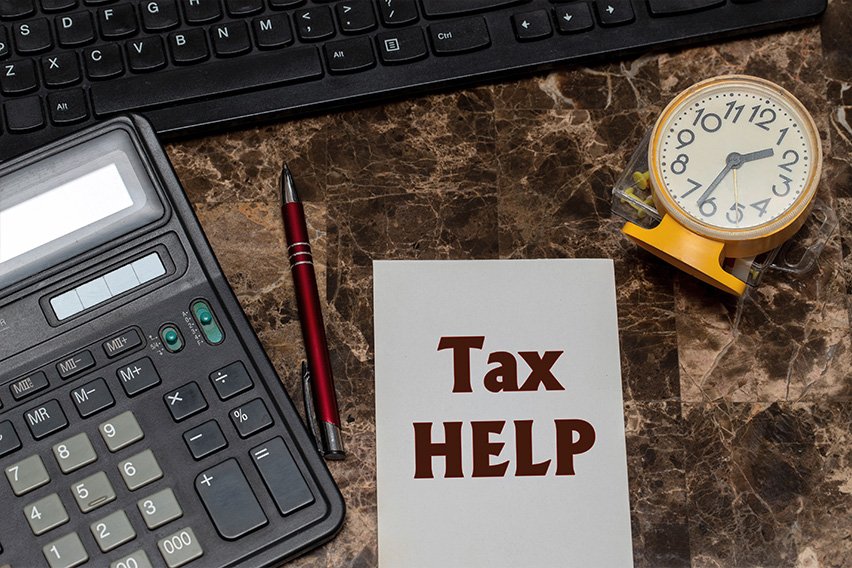 8 Tips for Filing Taxes
8 Tips for Filing Taxes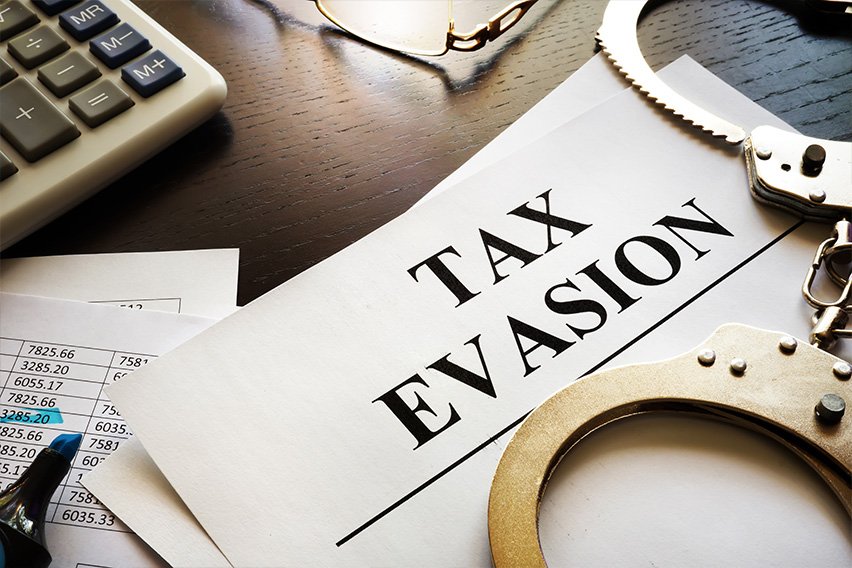 What Is Tax Evasion? It’s a Crime
What Is Tax Evasion? It’s a Crime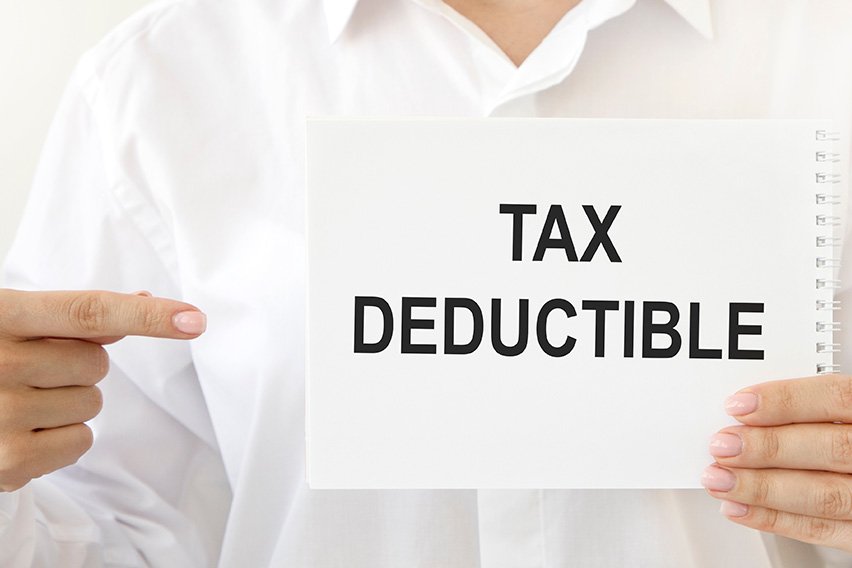 Are Product Samples Tax Deductible? Understanding Tax Deductions
Are Product Samples Tax Deductible? Understanding Tax Deductions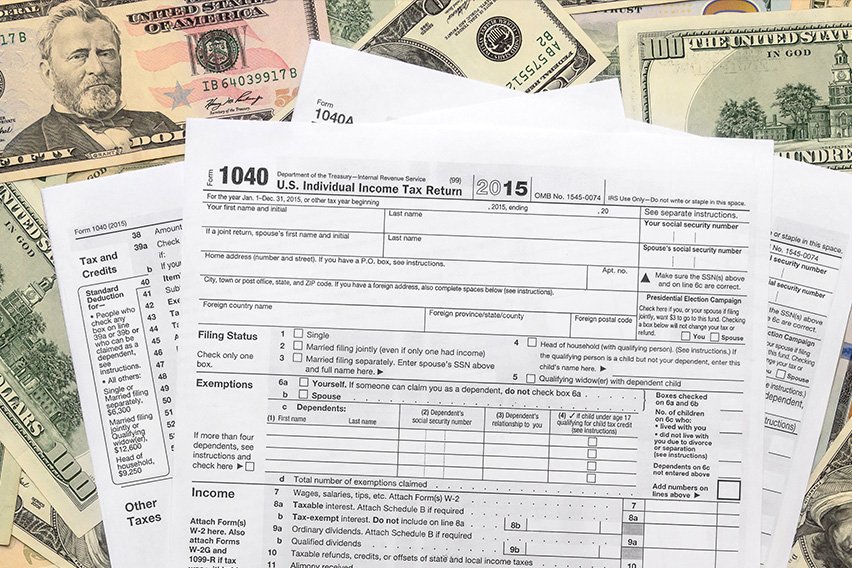 Unreimbursed Employee Expenses: What Can Be Deducted?
Unreimbursed Employee Expenses: What Can Be Deducted?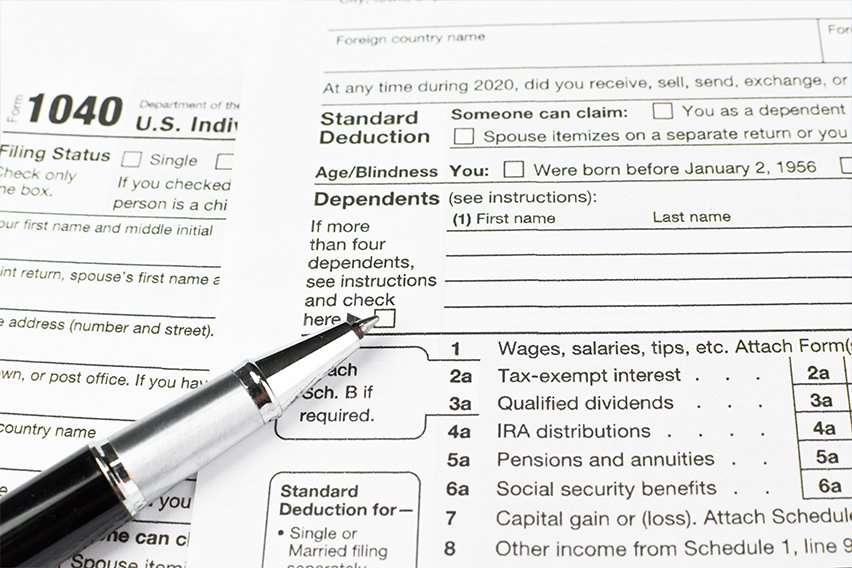 How to Get a Business Tax ID
How to Get a Business Tax ID